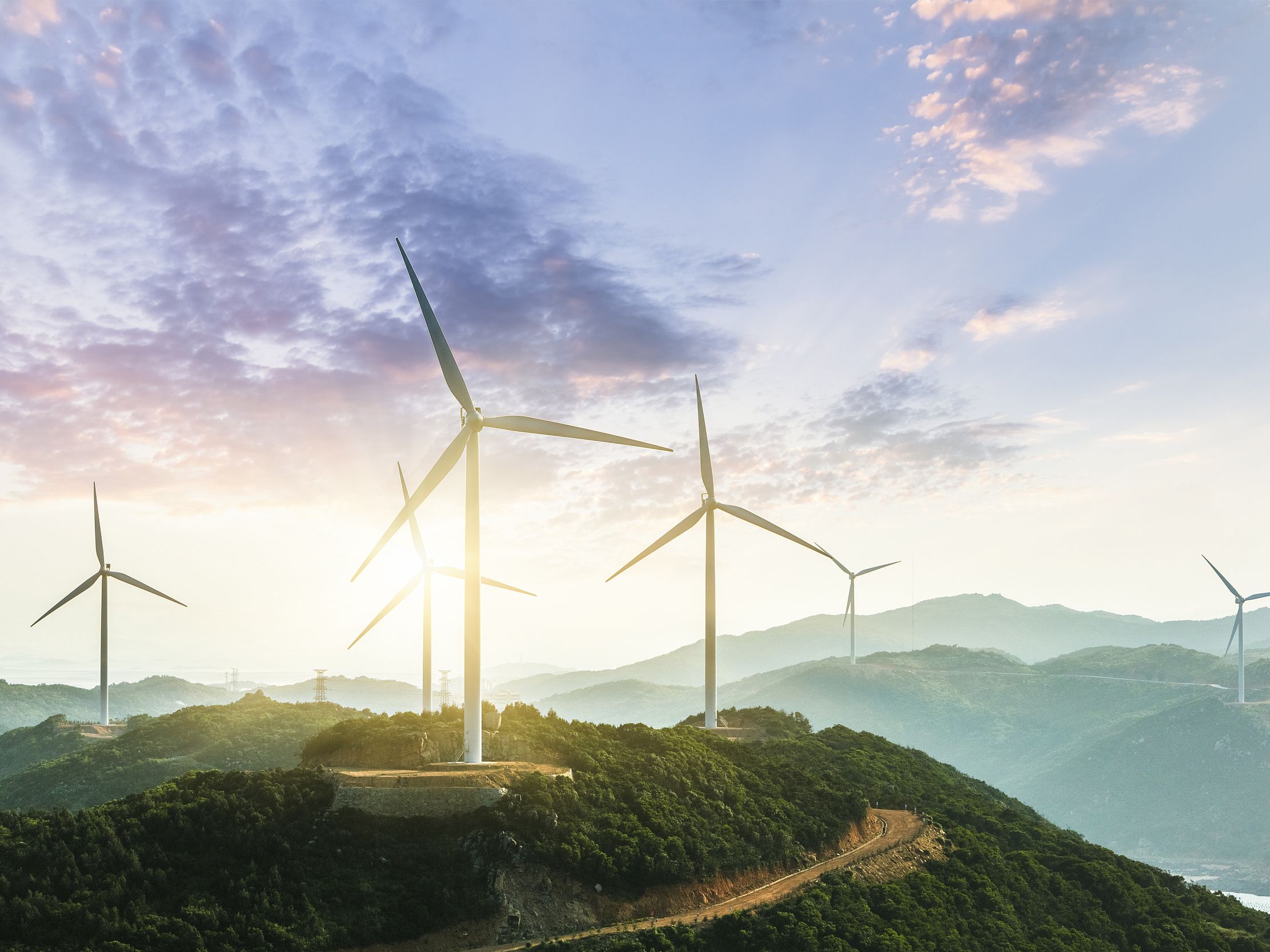 China Enters Energy Transition Index Top 20 for First Time, WEF Report Shows
China Enters Energy Transition Index Top 20 for First Time, WEF Report Shows(Yicai Global) June 29 -- China made the top 20 of the Energy Transition Index for the first time as the country continues to advance its carbon peak and neutrality goals, according to a new report from the World Economic Forum.
China ranked 17th in this year’s list with a score of 64.9, moving up 51 places from 2021’s rankings, the WEF Fostering Effective Energy Transition 2023 report showed yesterday. Last year’s report did not release countries’ rankings and scores.
Sweden was first this year with a score of 78.5, followed by Denmark and Norway with 76.1 and 73.7, respectively. The top 10 countries were all western and northern European. China and Brazil, which took the 14th spot, were the only emerging economies in the top 20.
The coronavirus pandemic, the Russia-Ukraine conflict, and high inflation have negatively affected the global energy transition, with Energy Transition Index scores declining in about half of the 120 countries in the past year, the WEF said.
“China has maintained a consistent upward trajectory on the ETI over the past 10 years, improving strongly on system performance and transition readiness,” the report noted.
The WEF ranks countries’ ETI based on system performance and transition readiness. China improved notably in both parameters, Roberto Bocca, head of energy, materials, and infrastructure at WEF, told Yicai Global at the WEF in Tianjin, which is also known as the Summer Davos.
China is emerging as a world leader in innovation, as public spending on research and development has risen 35 percent since 2014, according to the report. In recent years, the theme of China’s energy industry has been green development, with several policies and measures designed to accelerate the energy transition, whose net results are reflected in its high ETI score on regulation and political commitment.
China still needs to make great efforts to reach peak carbon emissions before 2030 and achieve carbon neutrality by 2060. A recent World Bank report estimated that the country will need between USD14 trillion and USD17 trillion in additional investments until 2060 for green infrastructure and technology in the power and transportation sectors.
Editors: Dou Shicong, Futura Costaglione